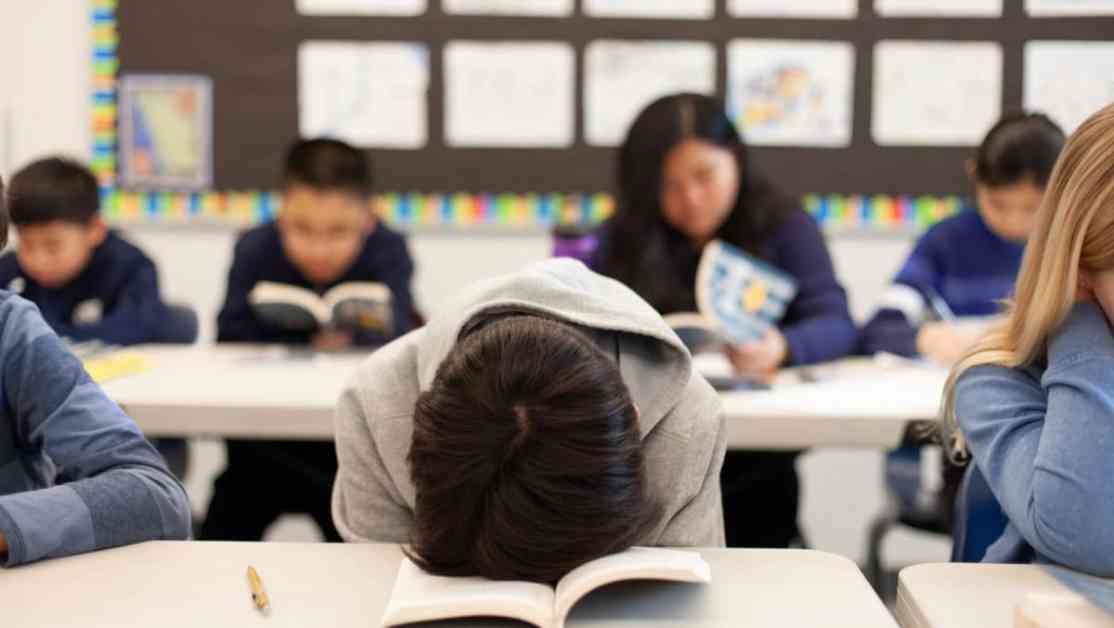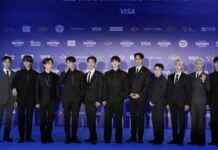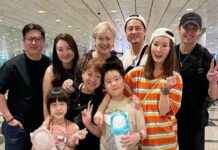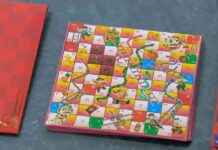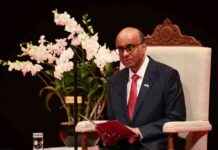Reimagining Education: A New Perspective on Tuition
The pressure on students and parents alike intensifies as the new school year kicks off in Singapore. Private tuition has become a ubiquitous practice, with households spending billions on extra classes to secure top grades for their children. The soaring demand for tuition services highlights a societal belief that academic success is paramount. But is this really the most effective approach to education?
Growing up in a modest household in the 1990s, I witnessed firsthand the sacrifices my parents made to invest in my education. While they couldn’t afford extravagant tuition fees, they prioritized my academic growth, hoping to provide me with a better future. Fast forward to today, the escalating reliance on tuition as a means to excel academically raises questions about the efficacy of this approach.
Embracing Play for Lifelong Learning
When my wife and I welcomed our daughter into the world, we made a conscious decision to prioritize play in her formative years. Contrary to the traditional emphasis on structured academics, we believed that fostering creativity, problem-solving, and critical thinking through play would equip her with essential life skills. Research consistently supports the notion that play is crucial for children’s holistic development, providing them with a foundation for real-world success.
Redefining Success Beyond Grades
As our daughter navigated her early schooling years, we encountered the concept of the Zone of Proximal Development (ZPD), which emphasizes the importance of guiding children to reach their full potential with appropriate support. Through playful activities and everyday challenges, our daughter learned to operate within her ZPD, acquiring new skills and knowledge along the way.
Cultivating Independent Learners
In a society where academic achievement often takes precedence over holistic development, it’s imperative for parents to strike a balance between academic support and fostering independent learning. By encouraging curiosity, exploration, and reflection, parents can nurture lifelong learners who are equipped to navigate the complexities of the modern world. Ultimately, our goal should be to instill a love for learning in our children, preparing them not just for academic success but for a future where adaptability and creativity reign supreme.
As we embark on a new year, let’s challenge the status quo and reimagine the role of education in shaping our children’s futures. Let’s prioritize meaningful learning experiences over rote memorization and cultivate a generation of resilient, inquisitive individuals who will make a positive impact on society. After all, true education extends far beyond the confines of a classroom—it’s about equipping our children with the tools they need to thrive in an ever-changing world.
